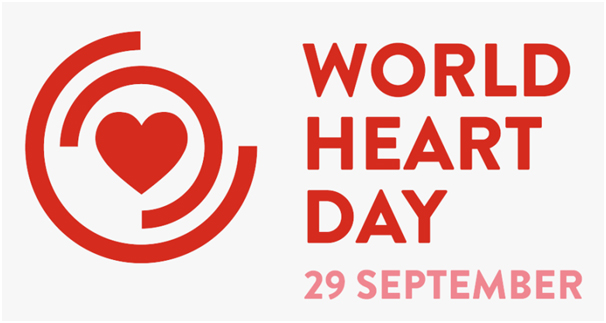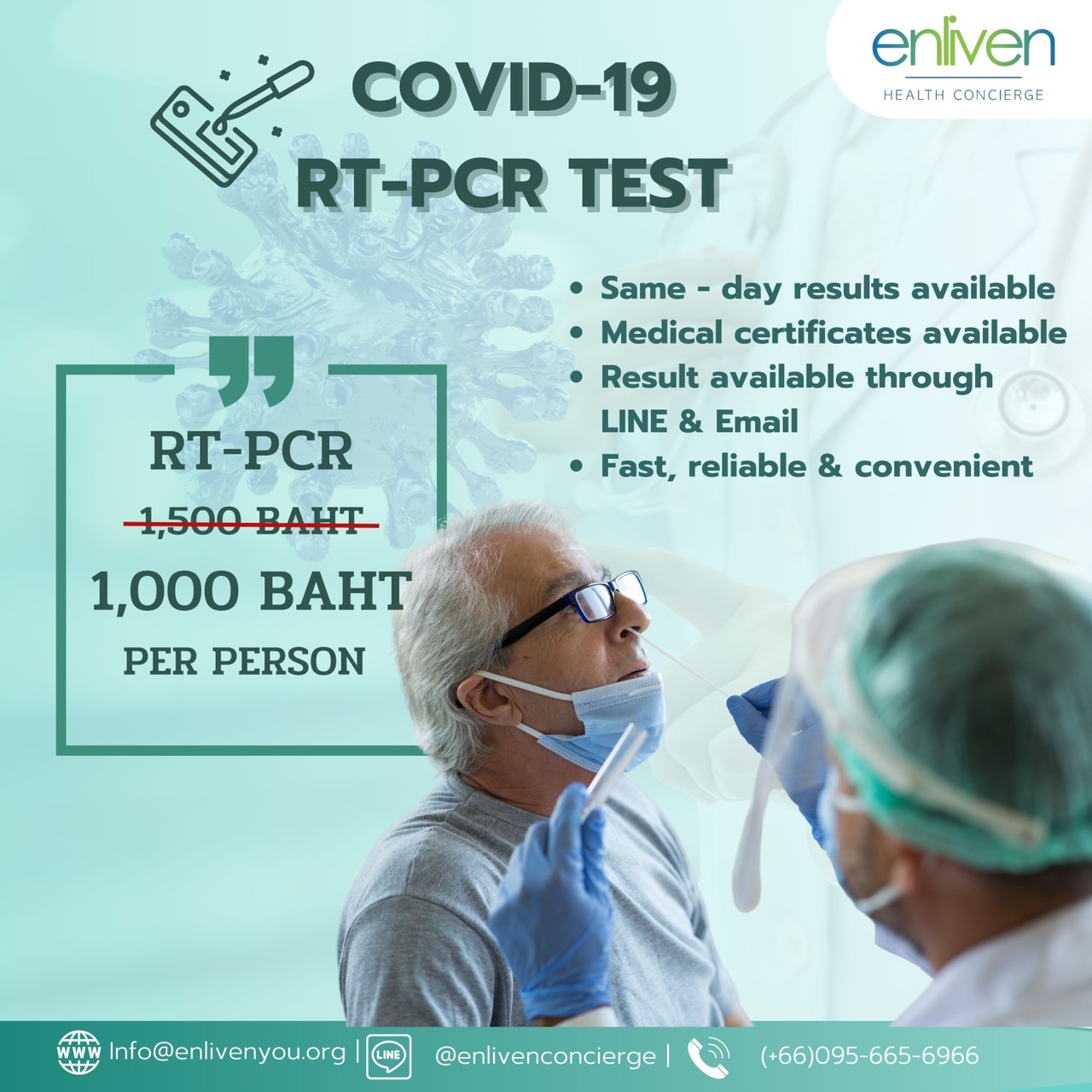– by Pirunrat Nathchayanonth (Yori), Client Coordinator

The heart is an organ a size of our own fist located in the middle of your chest slightly to the left is very strong,and also very delicate.
It is strong enough to pump our blood to all other organs and it is delicate enough to feel even the tiniest twinge caused by your emotions. It is one of the most crucial organs that you cannot function without.
When we talk about heart issues, it is not only solely the heart that’s affected but also your blood vessels. In medical terms, it often and almost always means Cardiovascular Diseases (CVD) as a whole. This is because “Your heart is a pump. Together, your heart and blood vessels make up your cardiovascular system, which circulates blood and oxygen around your body.” – Mayo Clinic (https://www.mayoclinic.org/diseases-conditions/heart-disease/multimedia/circulatory-system/vid-20084745)
WHO (https://www.who.int/health-topics/cardiovascular-diseases#tab=tab_1) defines CVD as “the leading cause of death globally, taking an estimated 17.9 million lives each year. CVDs are a group of disorders of the heart and blood vessels and include coronary heart disease, cerebrovascular disease, rheumatic heart disease and other conditions. More than four out of five CVD deaths are due to heart attacks and strokes, and one third of these deaths occur prematurely in people under 70 years of age.”
Interestingly, in many studies women are more prone to CVD than men while men tend to develop it earlier in life when comparing the age group. But the factors contributed are pretty much the same – hypertension, stress, smoking, obesity to mention a few. Majority would think this is normally amans problem but it is proven to be both genders.
There are many types of heart related conditions including but not limited to stroke, heart failure, arrythmia and valve complications.

From the modifiable risk factors shown above, our personal choices can affect our risk of developing a heart condition. The most important way to do so to have a healthy diet and a balanced lifestyle with exercise. Also, it is important to go for your regular check-ups so you know where you stand. If you want to go for a heart check-up let us know, we’re always here to help you!
Reference
https://www.nhs.uk/conditions/cardiovascular-disease/
https://www.who.int/news-room/fact-sheets/detail/cardiovascular-diseases-(cvds)
https://health.clevelandclinic.org/women-men-higher-risk-heart-attack/
https://www.health.harvard.edu/heart-health/gender-matters-heart-disease-risk-in-women
https://nutritionj.biomedcentral.com/articles/10.1186/s12937-020-00659-0
https://www.dignityhealth.org/articles/a-list-of-cardiovascular-diseases-the-5-most-common

